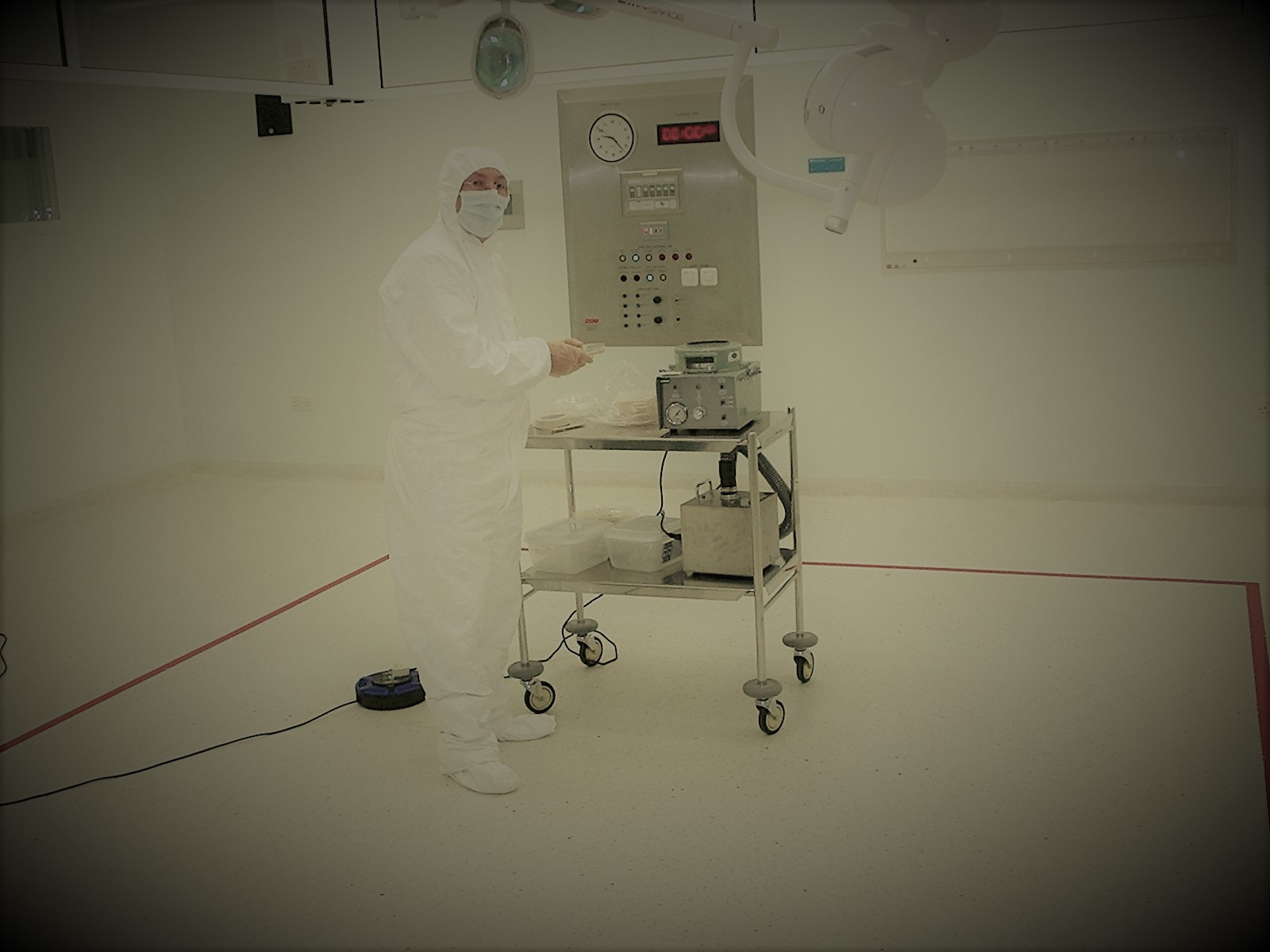- Home
- Science
- Our Work
- Air Pollution
- Agriculture, Farming and Pesticides
- Asthma and other Lung Diseases
- Coronavirus Pandemic (COVID-19)
- Exposure to Chemicals and Dust
- Exposure to Nanomaterials
- Human Exposure
- Neurodegenerative Diseases
- Musculoskeletal Disorders
- Occupational Cancer
- Sustainable Working
- Sustainability and Climate Change
- Stress, Wellbeing and Psychosocial Issues
- COVID-19 IOM Study of Face Coverings in Retail Environments
- Styrene Study
- PROTECT COVID-19 National Core Study
- Firefighters and Cancer – IOM Report
- MORtality Study of Former Professional Footballers in England and Wales (MORSE) Study
- Our Scientists
- Our Expertise
- Nano Material Services
- Development and Management of Data and Information Systems and Services
- Ergonomics Design and Evaluation
- Epidemiological Studies & Methods
- Exposure Assessment
- Health Impact Assessment (HIA) and Risk Assessment
- Policy Evaluations
- Study Design and Statistical Analysis
- Systematic Reviews and Meta-analyses
- Toxicology
- Workplace Cluster of Disease
- IOMLIFET
- IOM Scientists Advocate Tighter Standards for Airborne Dust at Work
- Research Project on Work Related Musculoskeletal Disorders
- Styrene Study
- Firefighters and Cancer – IOM Report
- IOM Library
- Contact our Research Experts
- Our Work
- Occupational Hygiene
- Case Studies
- Air Quality Sensors
- COSHH Assessment
- Dust Exposure
- Environmental Management
- Face Fit Testing
- Hand-Arm Vibration
- Indoor Air Monitoring
- Laboratory Animal Allergens
- Legionella Risk Assessment
- Local Exhaust Ventilation
- Noise Monitoring
- Thermal Exposure Monitoring
- Workplace Exposure Limits (WELs)
- Welding Fumes
- Remote Monitoring Services
- Formaldehyde Exposure Monitoring
- Biological Agent Exposure Monitoring in Waste Management
- Chromium VI
- Occupational Hygiene – Quick Quote
- Lab Services
- Asbestos and other Fibres
- Asbestos Sample Testing
- Asbestos Proficiency Testing
- Dust and Crystalline Silica
- Lead in Paint
- Metals, acid anions, acid gases
- Microbiology
- Pharmaceuticals
- Solvents & Other Organic Chemicals
- Hazard Assessment and Toxicology
- Dustiness Testing of Bulk Powders
- Lab Services Quick Quote
- Training
- Courses
- Face Fit Tester Training – Combined 2-day Course
- Face Fit Tester Training – Day 1 Qualitative Test Method
- Face Fit Tester Training – Day 2 Quantitative Test Method
- One Day Ventilation Maintenance Course
- BOHS Five Day Authorised Person (Ventilation) Course
- BOHS Three Day Competent Person (Ventilation) Course
- BOHS Two Day Competent Person (Ventilation) Refresher Course
- Contact our Training Team
- Courses
- Hospital Ventilation
- Authorising Engineer
- Dentistry Post Lockdown
- Design Review
- Independent Review
- Diathermic pen and Electro surgical tool testing
- Microbiological Monitoring
- Systems Refurbishment and Upgrade
- Validation and Verification Testing
- HSE COVID-19 Spot Check Inspections
- Training
- Contact Our Hospital Ventilation Experts
- Consultancy
- Our Company
- Contact Us

Authorising Engineer Ventilation Service
What is an Authorising Engineer (AE) Ventilation?
An Authorising Engineer is an experienced individual that takes on the responsibility for the management of health and safety guidelines as recommended by the Department of Health. The role combines skills found in engineering, building services and microbiology.
Our AE ventilation services
Too frequently, architects and designers incorrectly interpret the HTM’s (Health Technical Memoranda) and HBN’s (Health Building Note) resulting in errors in construction design and in the installation of critical ventilation systems in areas such as operating theatres. Once built, it becomes difficult and expensive to alter the layout to make it compliant.
At IOM we review designs while they are still at the planning stage and assist in making alterations to layout and ventilation requirements, before the build or refurbishment takes place. This is a relatively simple process and saves an enormous amount of time and trouble as a project progresses.
Our service therefore provides an independent consultative approach to ensure the integrity of the ventilation system is reflected in the design, positioning, and maintenance programmes.
An Authorising Engineer (AE) Ventilation would be expected to carry out the following tasks:
- Appointment/selection of Authorising Person (AP)
- Reviewing validation/verification documentation and methods
- Audit of ventilation systems
- Assisting hospital in prioritising programme of improvements and development of a five-year plan
- Review of training requirements for Authorising Persons and Competent Persons
- Provide training
- Review and approve ventilation project designs
Our services are available to a wide rage of healthcare facilities and organisations in both the public and private sector. Our in-house Chartered Engineers can provide knowledge, training, auditing and monitoring to ensure the required procedures and standards are being met.
How our experts can help:
- Take on the responsibility for the management of health and safety guidelines as recommended by the Department of Health.
- Support the design, validation and verification of ventilation systems within hospital and associated healthcare environments.
- Provide an independent consultative approach to ensure the integrity of the ventilation system is reflected in the design, positioning, and maintenance programmes.
- Provide training
We provide an Authorising Engineer (AE) Ventilation Service to a number of hospitals within both the public and private sectors, via our in-house Chartered Engineer / Member of IHEEM.
For more information on Authorising Engineer (AE) Ventilation services please contact: Jerry Slann, 01785 333201, or complete our contact form below.
Mo Majeed, University College London Hospital NHS Foundation Trust

Jerry has been instrumental in revolutionising our team's approach and workflow. His dedication to sharing knowledge and keeping us updated on legal jargon and industry innovations has been invaluable. No task is too great for Jerry; he consistently goes above and beyond to support our team's success.

